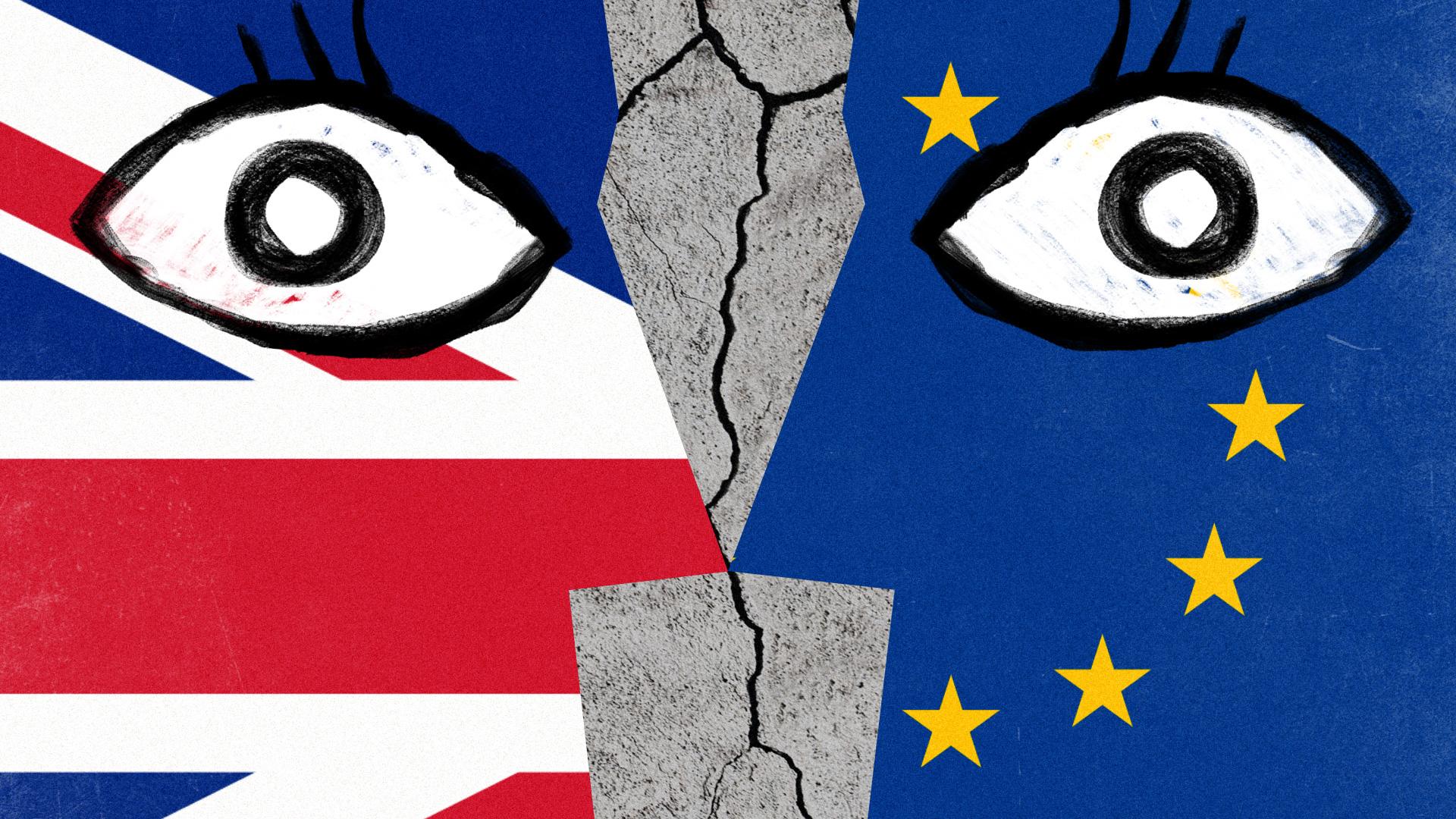General election 2019: What does 'clean-break Brexit' mean?
- Published
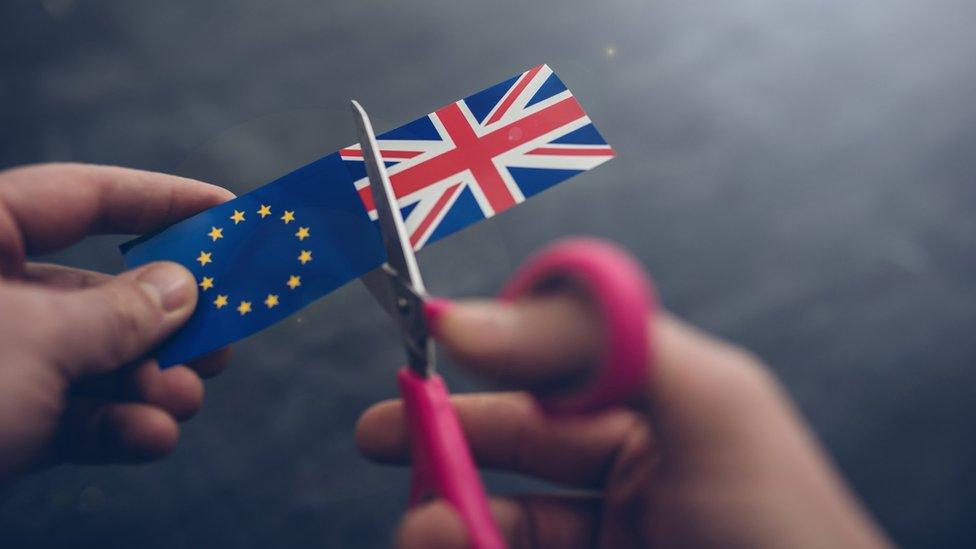
There has been a lot of talk about a "clean-break" Brexit, allowing the UK to resolve its departure from the European Union (EU) and move on.
The Brexit Party says leaving the EU with no deal would produce a clean break.
It is an argument the party leader Nigel Farage made many times in the run-up to the 31 October date which was set for leaving.
"The only way forward now, to deliver on the referendum, is for a clean-break Brexit," he told the European Parliament in September. "Once we've done that we'll have a grown-up conversation about trade and about the way forward."
Now Mr Farage has asked Prime Minister Boris Johnson to drop his Brexit deal and "build a Leave alliance".
He has proposed a very short period to negotiate a free trade agreement with the EU, but then with the option of leaving the EU without a deal on 1 July 2020 if necessary.
It is a slight change of tack, but it still relies on the idea of no deal producing a clean break with the EU.
For a number of reasons, that is highly unlikely to happen.
What is a no-deal Brexit?
No deal would mean the UK leaving the EU without any kind of formal agreement on the terms of its withdrawal.
The government's own internal planning documents, external set out how much of a shock to the system it could be.
Overnight, all the laws and regulations that have governed the relationship between the UK and the rest of the EU for nearly half a century would disappear.
That would not happen under Boris Johnson's withdrawal agreement, which allows for a transition period after Brexit. It would see the UK leaving the EU but still following its rules and regulations (for example, on trade) for a period of time.
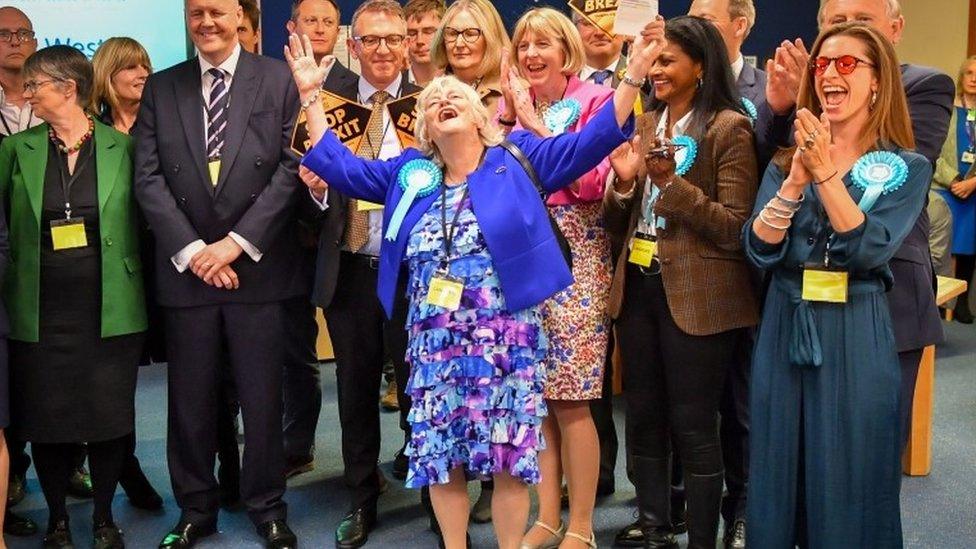
Brexit Party MEP Ann Widdecombe has called for a "clean Brexit"
Mr Johnson's deal allows for a transition until the end of December 2020, which may be extended by one or two years.
Supporters of such an arrangement say it would give government and businesses more time to prepare for a new relationship and to try to negotiate things like a free trade agreement.
Critics (including the Brexit Party) say it would turn the UK into a vassal state - following EU rules without having any say in making them. In other words, not a clean break.
It is an argument Mr Johnson himself made several times before he became prime minister.
But even if Brexit happened without a deal, possibly in acrimonious circumstances, the two sides would need to start talking again sooner rather than later.
What about mini-deals?
There are those who argue that "no deal" is a misleading term, because a series of mini-deals has already been done.
But that is wrong.
The EU has agreed upon a number of unilateral measures, without consulting the UK, to ensure (among other things) that for a few months certain financial transactions can continue and planes can keep flying.
Everyone will benefit from such arrangements, but they are temporary and limited in nature and will need to be renegotiated rapidly.
The government argues that the EU would be forced to deal with the UK because - in effect - it is too big and too important a partner to ignore.
But again, that means negotiations would - if anything - have to intensify.
That is certainly the assumption on the EU side.
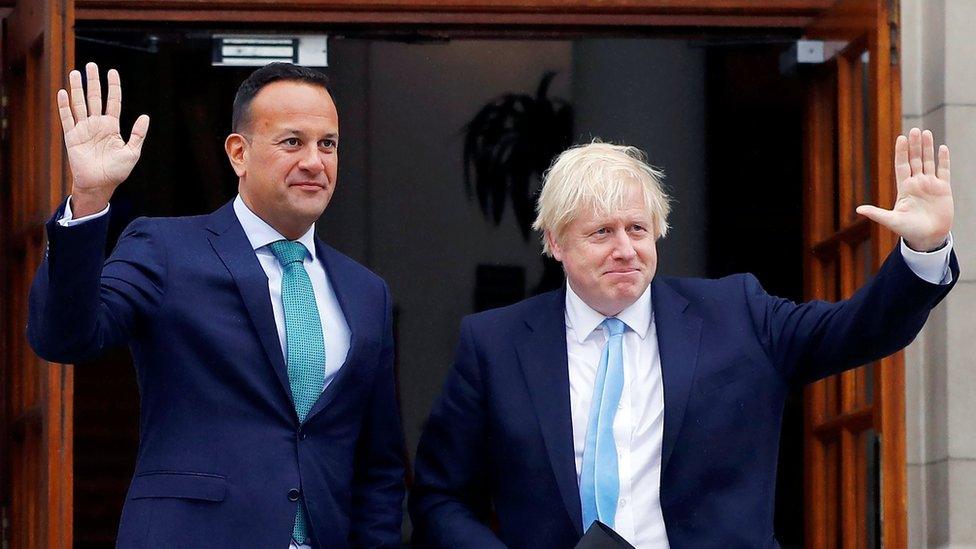
"There is no such thing as a clean break, no such thing as just getting it done," said the Irish Prime Minister Leo Varadkar, during a joint press conference with Mr Johnson in September
"Rather, we just enter a new phase."
Advocates of no deal say that new phase should be used to negotiate a free trade agreement.
And they argue that the UK should no longer pay the EU the estimated £33bn financial settlement, or divorce bill.
But EU leaders have warned consistently that if there were to be no deal, the EU would insist that the first items to be discussed in any subsequent negotiation would be citizens' rights, the Irish border and the financial settlement.
Those are exactly the same items that make up the bulk of the withdrawal agreement.
In other words, before the EU was prepared to discuss a free trade deal, those issues would still need to be settled.
Just walk away?
So the only way the UK could really have a clean-break Brexit is if it were prepared to walk away, at least for a while, from any kind of stable relationship with the EU, which accounts for roughly half of all UK trade.
That does not sound sustainable.
For example, the UK's food supply is intricately connected with the rest of the EU.
"From the consumer perspective, there is so much uncertainty from not having a robust deal with our biggest trading partner," Andrew Opie, from the British Retail Consortium, told the Brexit Select Committee recently. "There is no getting away from that. - 80% of food imports into UK supermarkets come from the EU.
"So probably about 25% of everything we sell comes from the EU."
Finding a stable trading relationship in the future will require prolonged negotiation and goodwill on both sides and a clean break would deliver neither.
For anyone who has had enough of Brexit, the uncomfortable fact is that - whatever the outcome - many years of technical talks and political drama lie ahead.
It looks set to dominate British politics and public life for the foreseeable future.



- Published1 November 2019
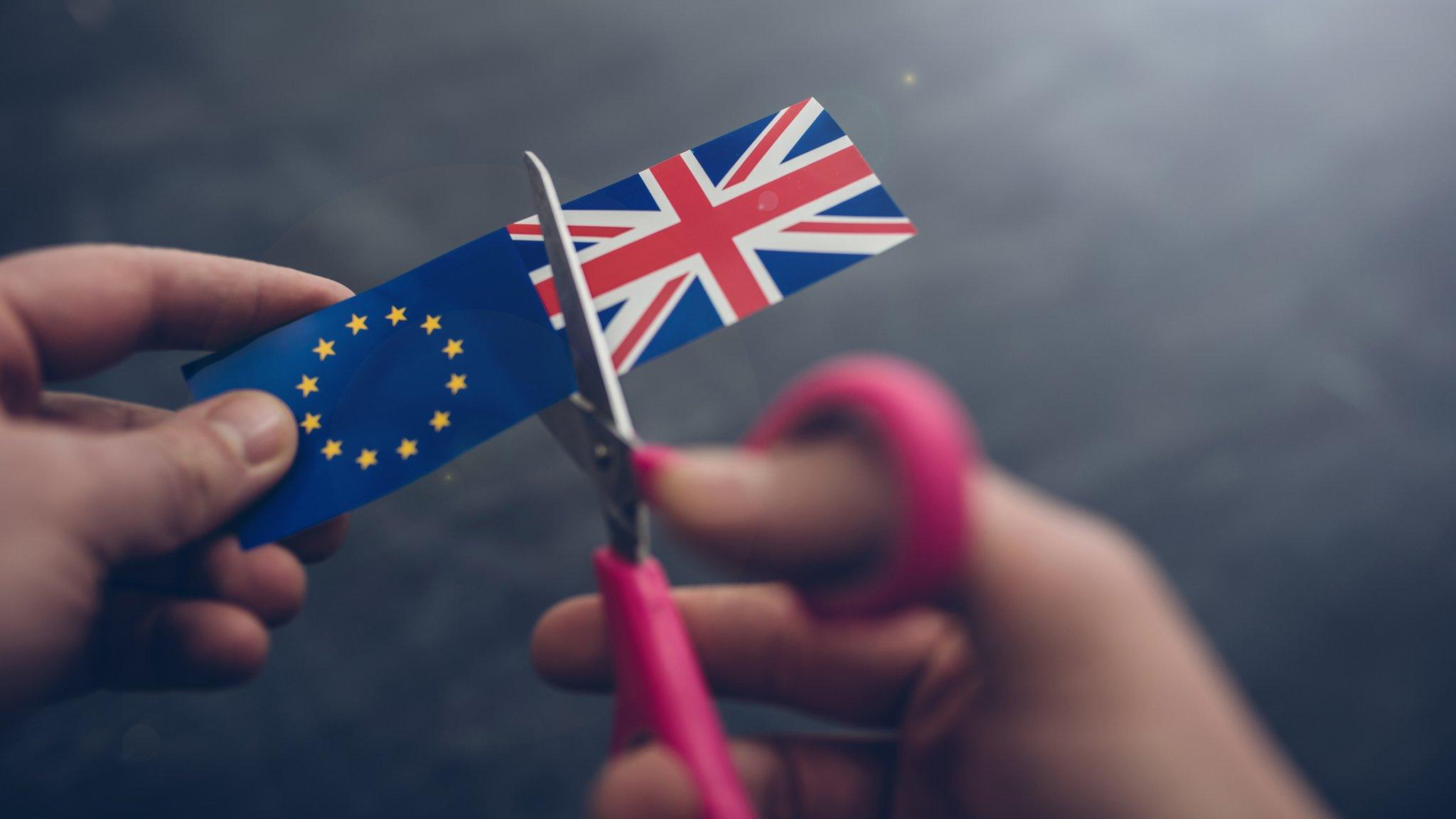
- Published20 September 2019
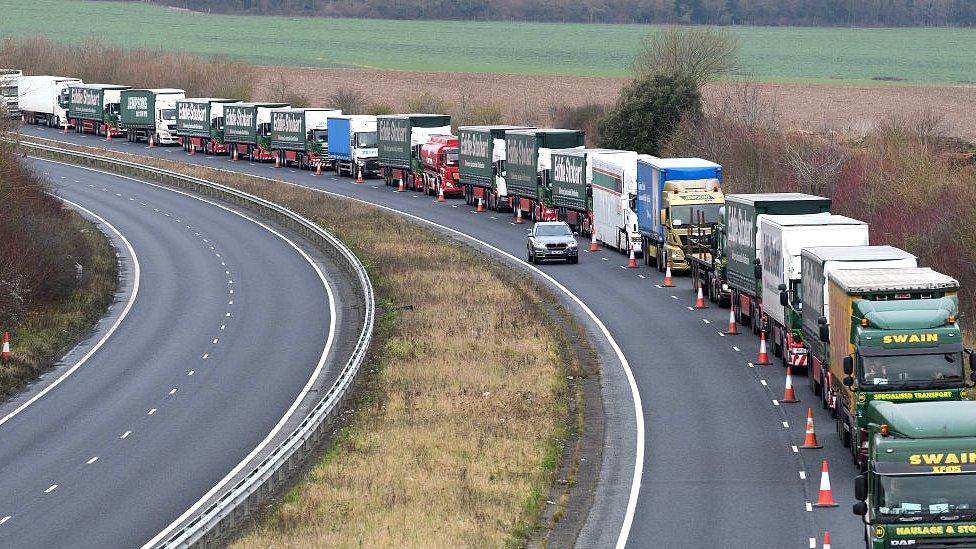
- Published3 September 2019
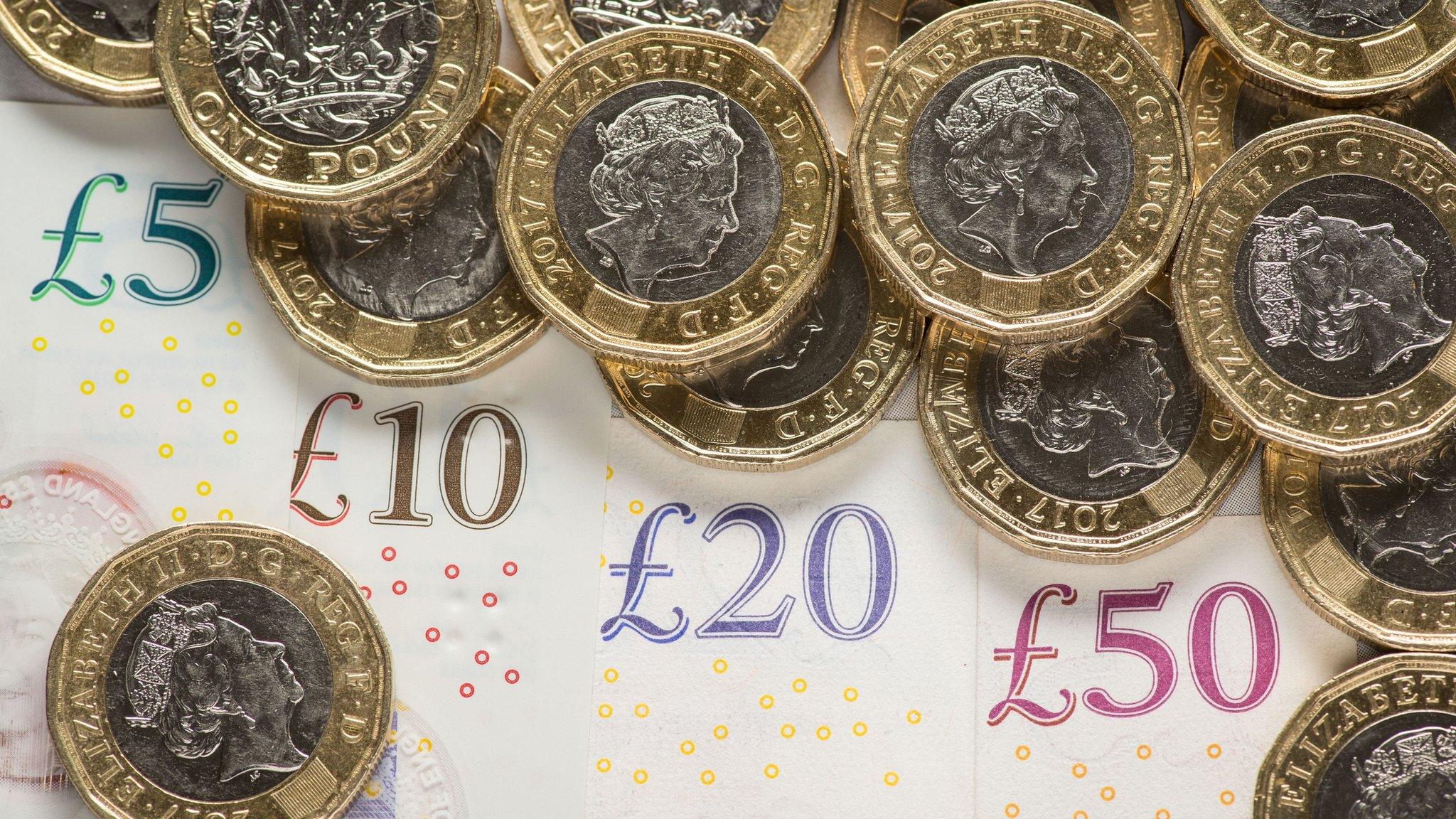
- Published13 December 2020
